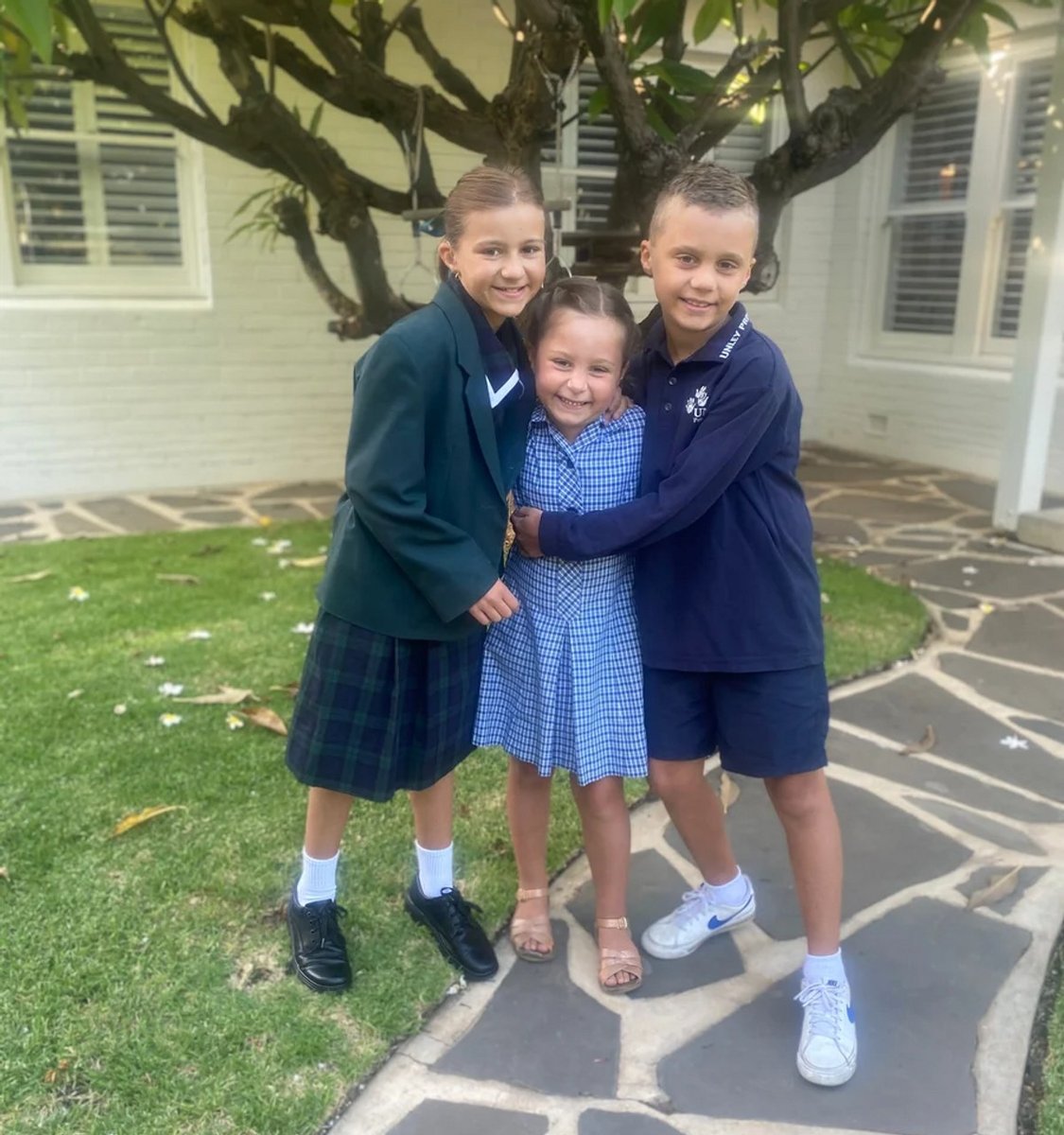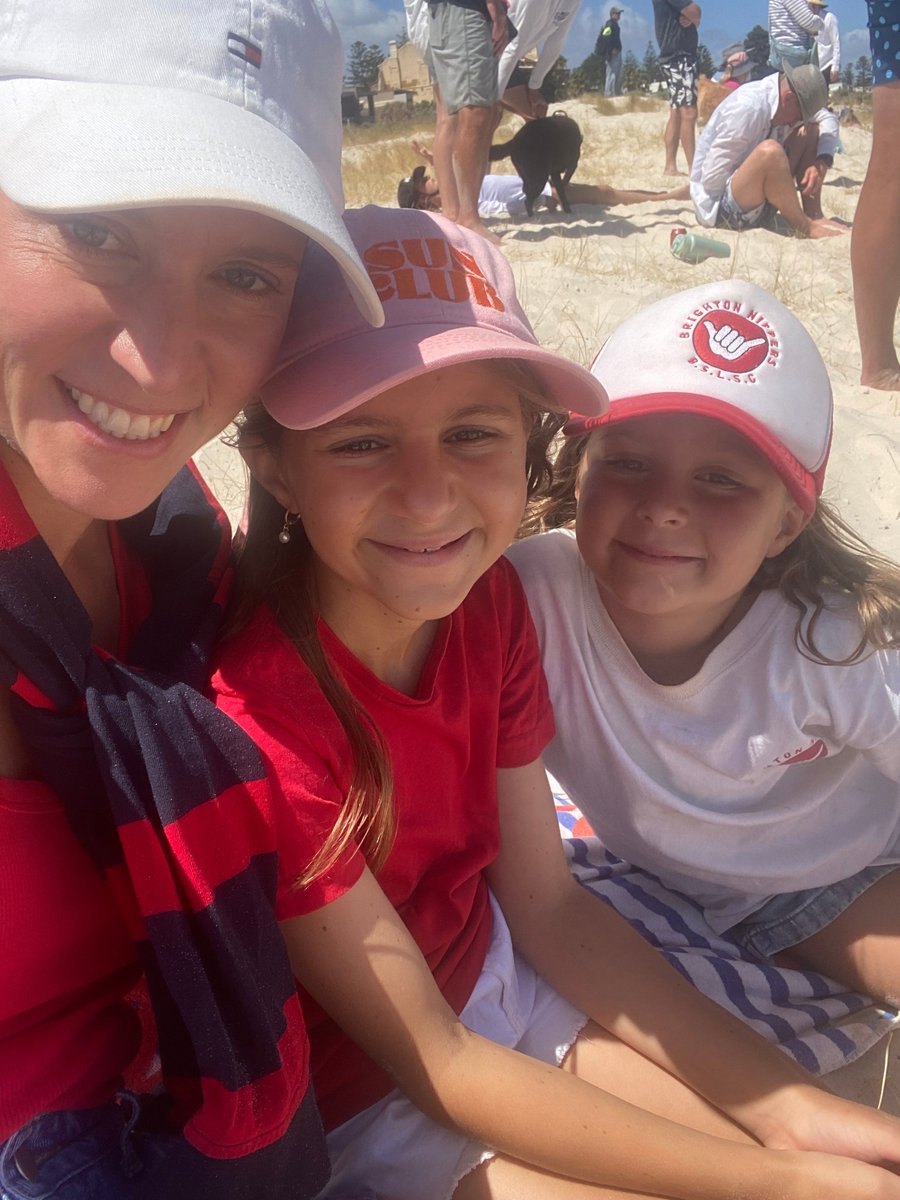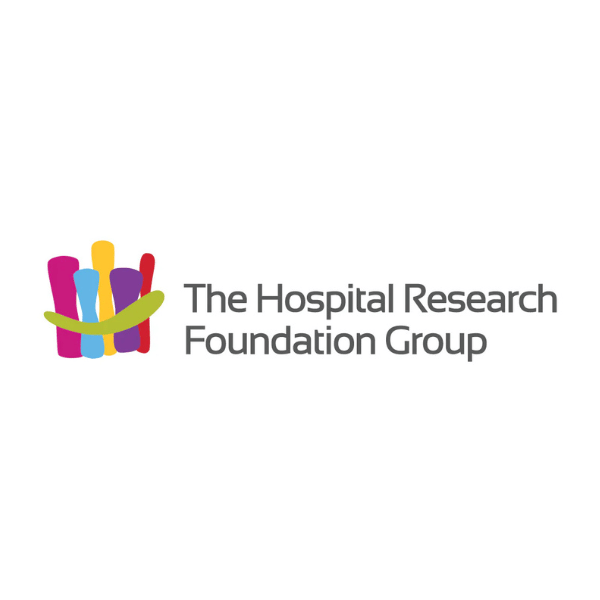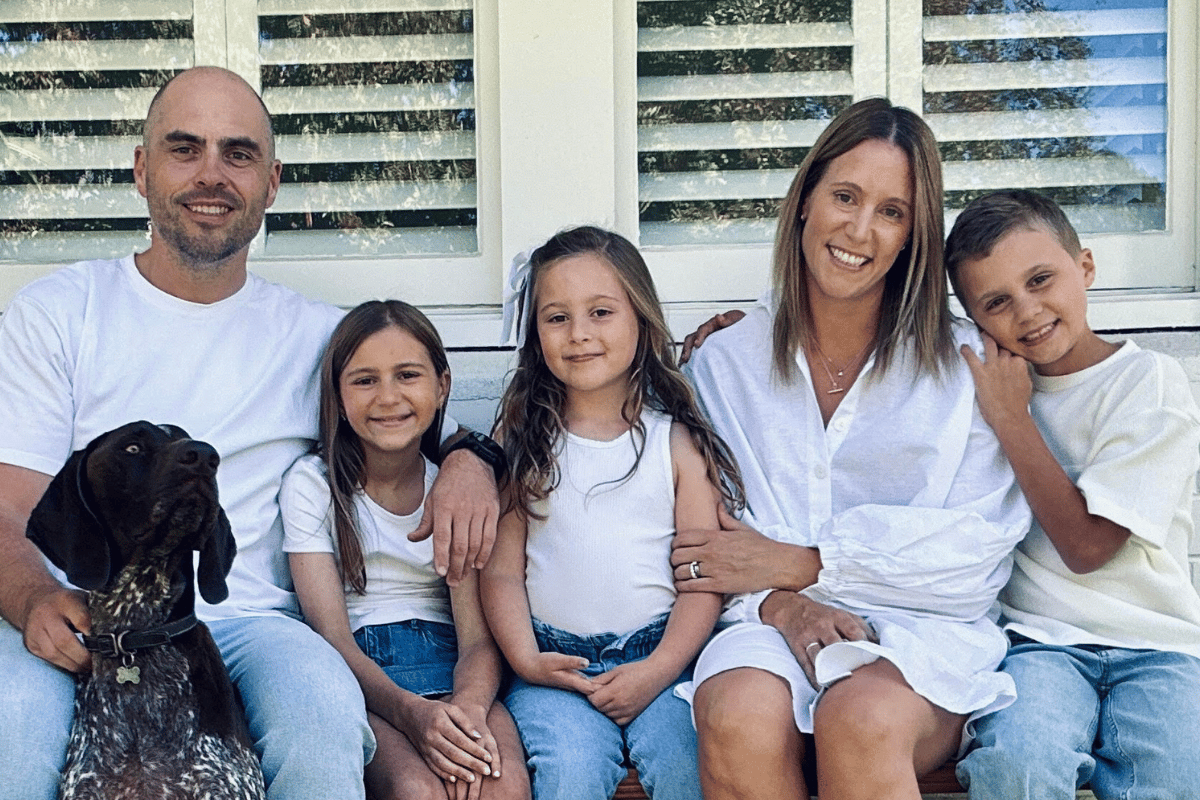
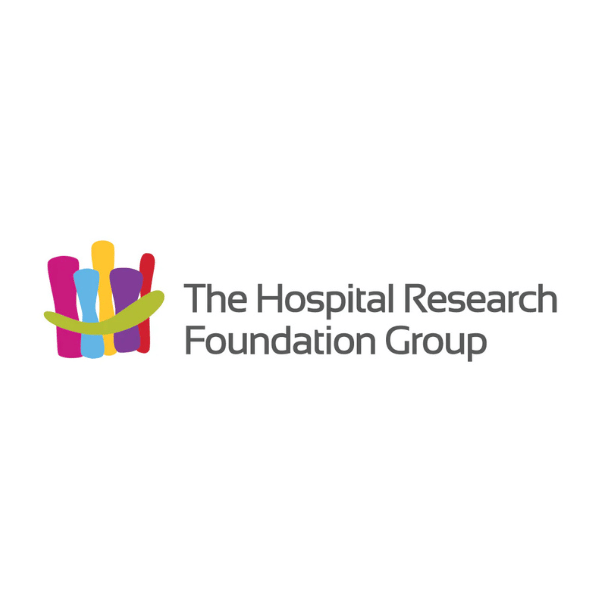
Imagine wishing for the noisy daily stresses of family life — the tantruming kids, messy walls and noisy sibling warfare.
For Beth Thomas, the wish for this brand of family chaos felt very real after her daughter Edwina was diagnosed with a rare form of cancer when she was just two.
"It's hard to explain the grief you feel in those early days," Beth said. "Your whole world narrows down to the next test result, the next hospital appointment. I remember thinking, how did I ever think I was busy or stressed before this?"

